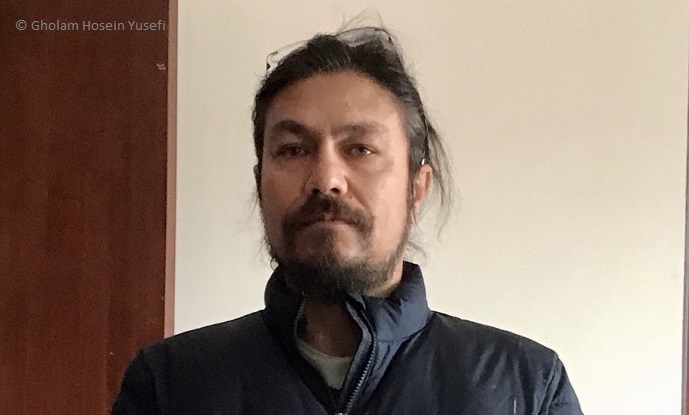Gholam Hosein Yusefi
Post-Doc Researcher
I study mammals’ diversity and distribution, with emphasis on biogeography, ecology, evolution and systematics. In my PhD and MSc research (at U. Porto and Uppsala U.) and prior to it, I have addressed these topics in terrestrial mammals and to some extent their vulnerability to extinction and climate change by using a variety of datasets including ecological, molecular, morphological and spatial data. I have also been involved in biodiversity conservation by performing different technical and coordination roles within UNDP/GEF and NGOs, from conducting on-the-ground conservation of a critically endangered species to designing, implementing and managing conservation and research projects.
Currently, the primary focus of my research is to address a fundamental question in this field: how and why bipedality has evolved in rodents? Using jerboas (Dipodidae: Rodentia) as model organisms, this research planned to assess the ecological and genomic basis of adaptive evolution of bipedalism in rodents. More specifically, using ecological, environmental, morphological and genetic/genomic data, it is aimed to understand how the structural and environmental complexity of desert ecosystems have favored the evolution of bipedality in jerboas, why are bipedal rodents distributed where they are today (deserts), and what factors are driving adaptation and convergent evolution of bipedality in this group of mammals in deserts. Besides, phylogenetic relationships and phylogeography of this unique and widespread rodent family (with around 40 species extending throughout Palearctic deserts from western Sahara to Mongolia) will be addressed in order to explore their evolutionary history and to resolve their taxonomic uncertainties.


